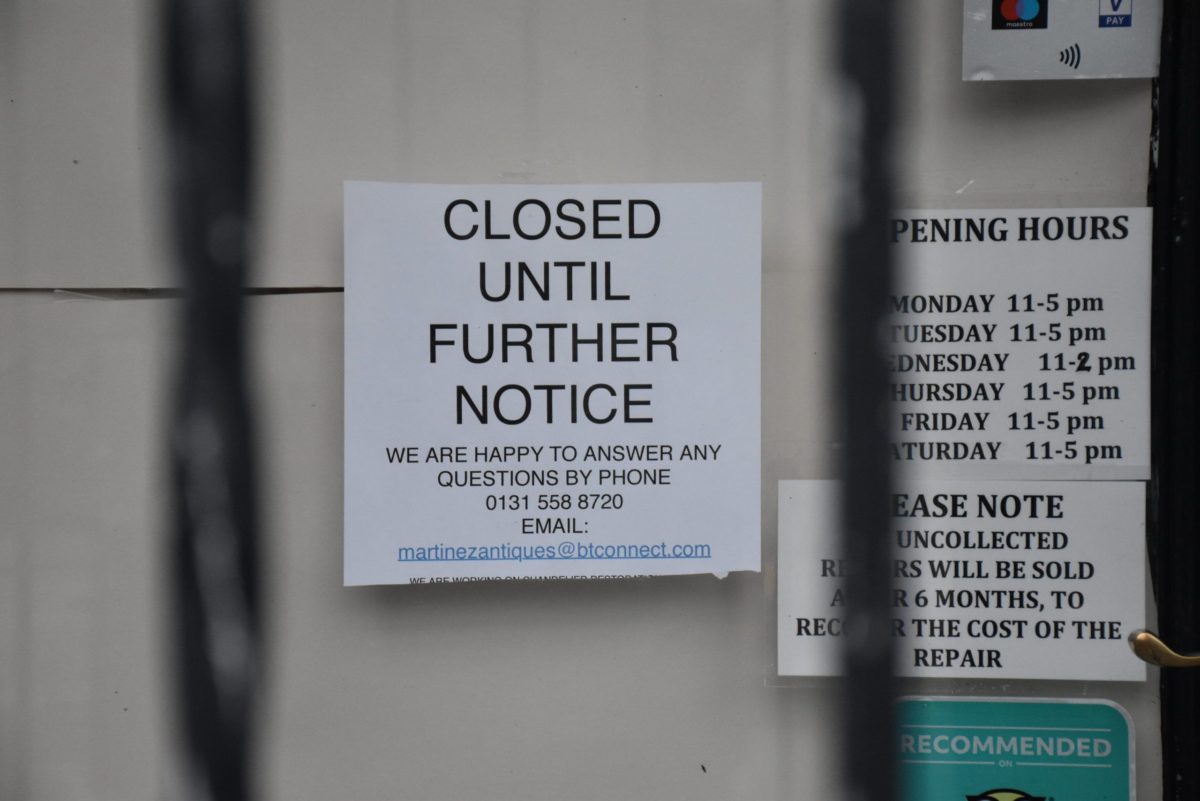
A Green Recovery or the same old crap?
We are not even at the peak of COVID-19 cases in the UK yet but already people are talking about when we can get things back to normal. But was ‘normal’ so great? From child poverty to climate change, from excessive corporate profits to a crisis in mental health, what we had wasn’t that wonderful for many people.
After the 2008 recession the UK government sanctioned the creation of more than £600bn of new money, in a number of rounds of quantitive easing. But this absolutely huge amount of money aimed mostly just to put things back the way they were, with the added bonus of years of austerity.
Recovery must build something different
The coronavirus pandemic has meant a fundamental change to the way our society works, and a re-examination of our own person values and our ideas of what’s really important. There is a narrow opportunity to make this add up to building something different instead of rebuilding the same old crap.
Already the forces of evil are trying to exploit the situation. Airlines are calling not just for bailouts but for delays to their (very meagre) climate targets. The North Sea oil industry has generously offered to put its own (very meagre) carbon reduction plans on hold.
Promisingly, the Scottish Government has talked about having a Green Recovery, including building revised climate policies into plans for the future, but we don’t yet know what that means in detail. They are likely to have tens of billions to invest.
Right now civil servants in London and Scotland are developing plans for the recovery, and the UK Treasury is working out how much more the magic money tree will need to provide.
Recovery must recognise and protect the most vulnerable
We could have a recovery where governments try to get things back to where they were, battling through the inevitable extended period of recession. Or we could have a recovery that recognises that the poorest in society, many of them the heroes who kept society functioning through the lockdown, will be hardest hit by a recession and sets protecting them as a key aim.
We could have a recovery where cash is piled into new road schemes to get the construction sector going again, or a recovery where we massively invest in renewable energy and insulating people’s homes to tackle climate emissions and create the jobs that people currently working in the oil industry will need as that industry fades away.
One surprise revelation of the pandemic was just how terribly poor billionaires turn out to be. Who would have thought that they apparently have hardly a penny between them to help their workers or pay their suppliers? So any recovery should target money to benefit the workers in businesses being rescued, not the owners, CEOs or shareholders.
Government cash is the only reason bus and train companies will survive the lock down, the price for that support should be more public say in how services are run and a share of ownership in future. Any bailout for the oil industry should come with a firm commitment to a phase out which brings the end of fossil fuels in Scotland within the decade.
Governments are going to have to spend a fortune helping the country get going again, so why not use that spending to create a more resilient, fairer, more caring and greener country, one where we produce more of what we need and depend less on a fragile global economy.
Let’s use this challenging and difficult pause in ‘normal’ life to decide what we really value and build a new normal that cherishes people and communities, and protects the environment.
Dr Richard Dixon is Director of Friends of the Earth Scotland. A version of this article appeared in The Scotsman on Tuesday 14 April 2020.
Our climate campaigners will discuss the links between our work on climate change and the coronavirus crisis in a webinar on Thursday 16 April from 7pm-8.30pm. This is free to join and open to everyone.
